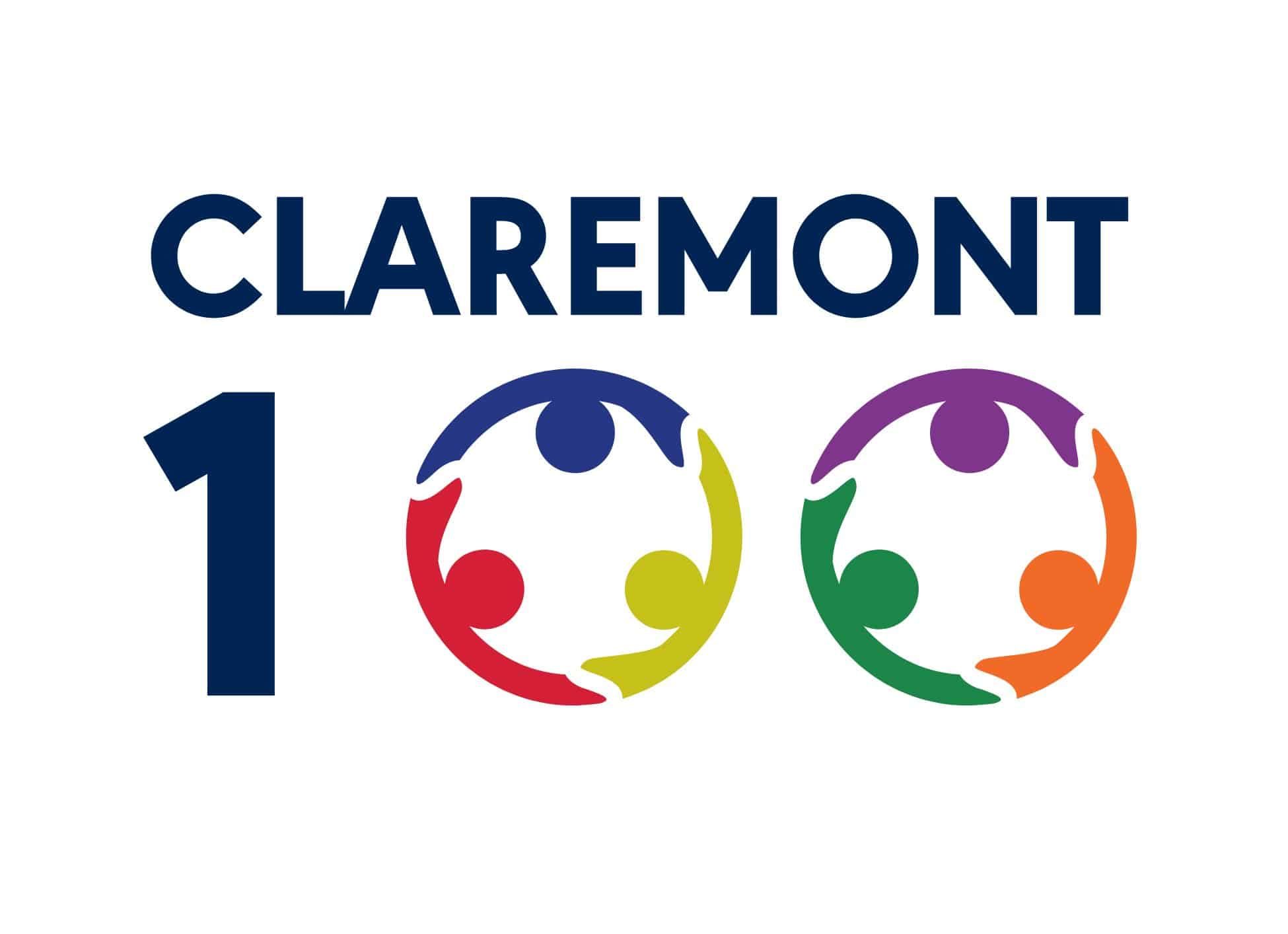
Heads' blog
·9 June 2023
This has been a year of industriousness. Even as I write, my colleagues are creating a virus testing centre from scratch, ready for however many pupils and staff are permitted on site, and our teachers and pupils have commenced their first day of online learning; I was particularly taken by the care with which I heard a Prep teacher making sure the children in their class had everything they needed. This will be a term of invention and reinvention, thinking ‘outside the box’ and trying something new and, although we know our children would be better off in a safe classroom, it is opportune to recognise too the benefits and opportunities the coming weeks will offer.
In my assembly this morning I reminded our pupils that while they will need to be at least as busy and alert when in lessons, they will have more time simply thanks to their journey from the kitchen, living room and bedroom to where they are learning being so much quicker than when at school. They will have time to use, and they should use it well: writing computer games, not playing them; reading something new, perhaps something attuned to their interests, not just reading what the class have to cover. Perhaps, and for parents too, the coming weeks will be the moment when we bump into a new idea. After all, the identification of penicillin by Fleming and the development of Post-It notes by 3M were both accidental inventions and some of the new ways we are working due to Covid – often ways of working which are better than before – have been arrived at by the accident of difficult times and creativity.
Wherever you sit on the Brexit debate, there is no denying our success as an independent nation will depend on the same creativity that meant James Dyson didn’t stop inventing once he had patented his ball-based wheelbarrow, and Jo Malone didn’t stop creating new fragrances even after she had sold both her company and the trademark for her own name. Furthermore, invention need not rely on age; Mattie Knight (the 19th century inventor of the flat-bottomed bag) created the first of almost 90 inventions when she was 12 years old, whereas Colonel Sanders did not open his first KFC until he was 62. Industry and creativity are learned at an early age, but are important skills for us all in a changing world.
William Brierly
Headmaster